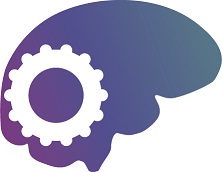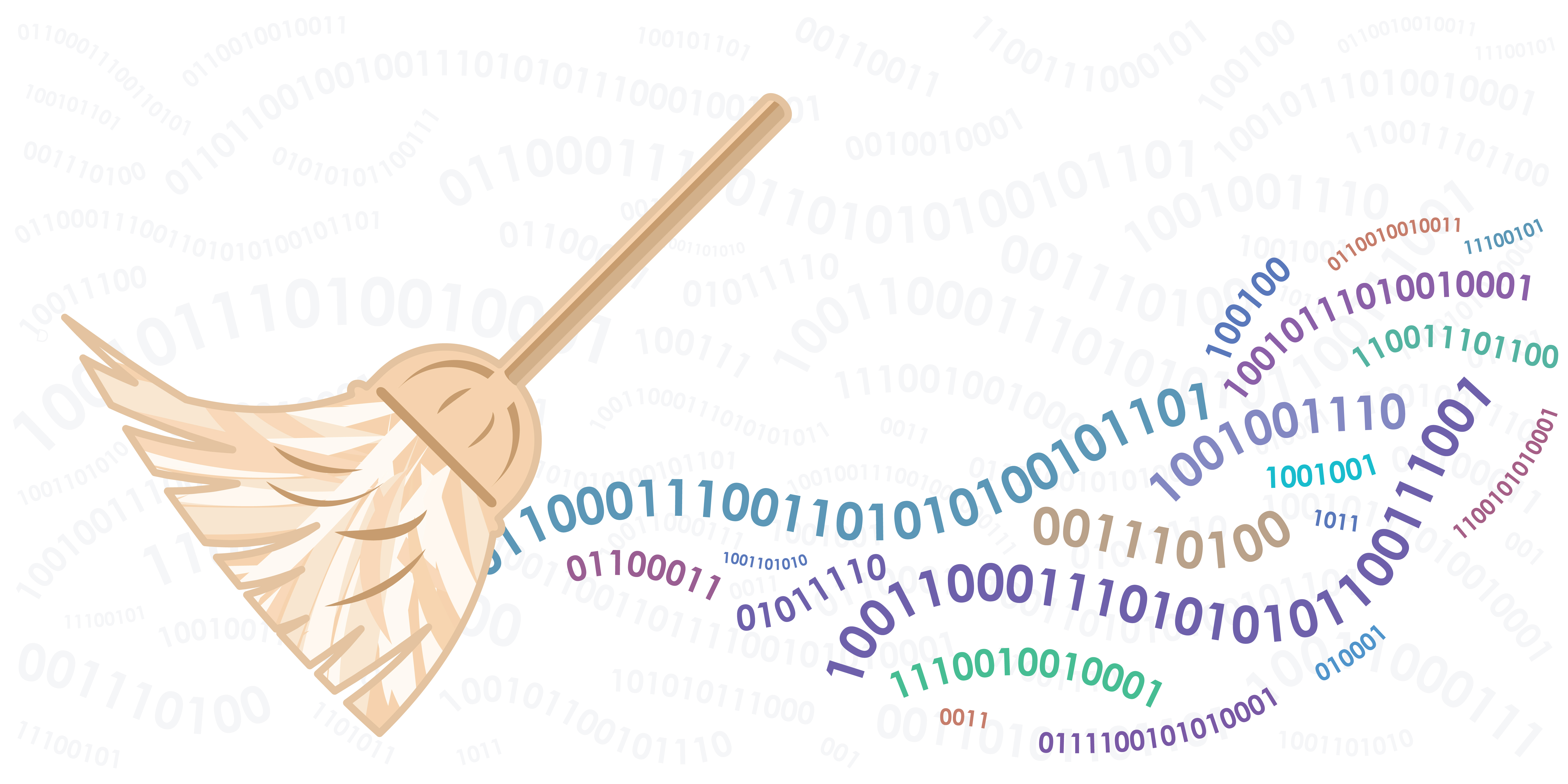Peripheral and central markers of inflammation after experimental brain injury in mice with depleted or intact microglia
DOI:10.34945/F5901R
DATASET CITATION
Rowe R. K., Giordano K. R., Saber M., Green T. R.F.., Rojas-Valencia L. M., Ortiz J., Murphy S. M., Lifshitz J. (2022) Peripheral and central markers of inflammation after experimental brain injury in mice with depleted or intact microglia. ODC-TBI:769 http://doi.org/10.34945/F5901R
ABSTRACT
STUDY PURPOSE: Inflammation is a hallmark of traumatic brain injury (TBI) pathophysiology that contributes to both brain damage and its repair. To investigate microglial mechanisms in central and peripheral inflammation following TBI, we inhibited the colony stimulating factor-1 receptor (CSF-1R), critical for microglial survival, with PLX5622 (PLX). We hypothesized that microglia depletion would attenuate central inflammation acutely.
DATA COLLECTED: After randomization, adult male C57BL/6J mice (n = 105) were fed PLX5622 (1200 mg/kg, Plexxikon) or control (AIN-76A rodent chow) diets (21 days) and then received midline fluid percussion injury (mFPI) or sham injury. Blood and brain were collected at 1, 3, or 7 days post-injury (DPI). Immune cell populations (leukocytes, myeloid cells, microglia, monocytes, macrophages, neutrophils) were quantified in the brain and blood by flow cytometry. Pro-inflammatory cytokines (interleukin [IL]-6, IL-1?, tumor necrosis factor [TNF]-?, IFN [interferon]-?) and anti-inflammatory cytokines (IL-10, IL-17A) were quantified in the blood using multiplex ELISA.
CONCLUSIONS: CSF-1R inhibition blunted the immune response to TBI at 1 and 3 day post-injury but elevated peripheral inflammation at 7 days post-injury. CSF-1R inhibition may be a plausible mechanism to target both central and peripheral immune cells and change the long-term inflammatory response to TBI. However, administration of PLX as a research tool to target microglia-mediated inflammation should be used with caution, as we also observed several off-target inflammatory effects of CSF-1R inhibition, independent of brain injury. Specifically, CD115+ peripheral monocytes were depleted.
KEYWORDS
microglia; Inflammation; CSF-1 receptor; immune cell activation; Cytokine; Traumatic brain injury
PROVENANCE / ORIGINATING PUBLICATIONS
RELEVANT LINKS
NOTES
|
|
DATASET INFO
Contact: Rowe Rachel (rachel.rowe@colorado.edu)
Lab: Rachel Rowe
ODC-TBI Accession:769
Records in Dataset: 105
Fields per Record: 39
Last updated: 2023-04-12
Date published: 2023-04-12
Downloads: 17
Files: 2
LICENSE
Creative Commons Attribution License (CC-BY 4.0)
FUNDING AND ACKNOWLEDGEMENTS
NINDS F31NS113408
CONTRIBUTORS
- Rowe, Rachel K. [ORCID:0000-0002-9034-3159]
- Department of Integrative Physiology, University of Colorado – Boulder, Boulder, CO, USA
- Giordano, Katherine R.
- BARROW Neurological Institute at Phoenix Children’s Hospital, Department of Child Health, University of Arizona College of Medicine – Phoenix, Phoenix, AZ, USA, Phoenix, AZ, USA, Phoenix Veteran Affairs Health Care System, Phoenix, AZ, USA
- Saber, Maha
- BARROW Neurological Institute at Phoenix Children’s Hospital, Phoenix, AZ, USA, Department of Child Health, University of Arizona College of Medicine – Phoenix, Phoenix, AZ, USA
- Green, Tabitha R.F..
- BARROW Neurological Institute at Phoenix Children’s Hospital, Phoenix, AZ, USA, Department of Child Health, University of Arizona College of Medicine – Phoenix, Phoenix, AZ, USA
- Rojas-Valencia, Luisa M.
- BARROW Neurological Institute at Phoenix Children’s Hospital, Department of Child Health, University of Arizona College of Medicine – Phoenix, Phoenix, AZ, USA, Phoenix, AZ, USA, Phoenix Veteran Affairs Health Care System, Phoenix, AZ, USA
- Ortiz, J. Bryce
- BARROW Neurological Institute at Phoenix Children’s Hospital, Department of Child Health, University of Arizona College of Medicine – Phoenix, Phoenix, AZ, USA, Phoenix, AZ, USA, Phoenix Veteran Affairs Health Care System, Phoenix, AZ, USA
- Murphy, Sean M.
- Department of Child Health, University of Arizona College of Medicine – Phoenix, Phoenix, AZ, USA
- Lifshitz, Jonathan
- BARROW Neurological Institute at Phoenix Children’s Hospital, Department of Child Health, University of Arizona College of Medicine – Phoenix, Phoenix, AZ, USA, Phoenix, AZ, USA, Phoenix Veteran Affairs Health Care System, Phoenix, AZ, USA
|




